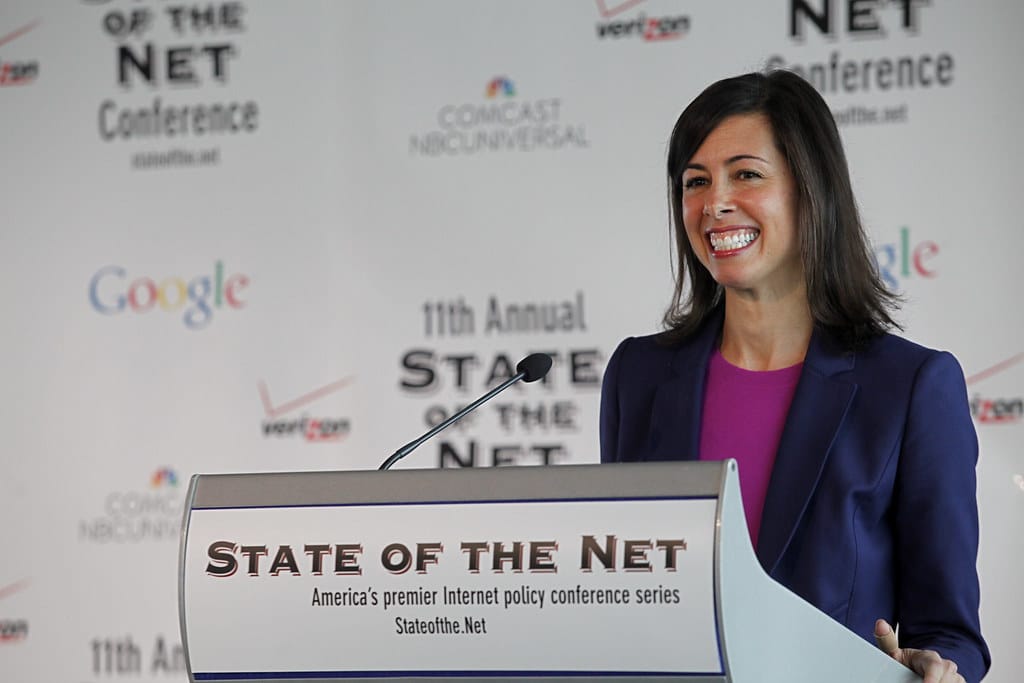Federal Communications Commission Approves New Provider Transparency Requirements
Broadband providers must now create “broadband nutrition labels” which list pricing and speed information.
T.J. York

WASHINGTON, January 28, 2022 – The Federal Communications Commission voted Thursday to require that broadband providers create “broadband nutrition labels” that list information on the pricing and speed of internet service they provide.
The labels mimic food nutrition labels in format and aim to increase transparency of providers in their marketing to consumers.
With their approval at the commission’s monthly open meeting Thursday, Commissioner Geoffrey Starks said the new rules are crucial to consumers being able to find the best deals on broadband service for their personal needs.
Commission Chairwoman Jessica Rosenworcel praised the label format, saying that it allows consumers to “easily compare” information and that it is “black and white, simple to read, and easy to understand.”
The long-simmering idea was enacted by Congress in the bipartisan infrastructure bill signed by the president on November 15. It directed the FCC to revive the project by one year from the law’s passage.
On Thursday, Joshua Stager, New America’s deputy director for broadband and competition policy at its Open Technology Institute, called the vote “a welcome step forward and a win for consumers.” The think tank began promoting the idea last decade, and it had been endorsed by the Obama administration before being canned by the Trump administration.
Industry group Wireless Internet Service Providers Association said the transparency afforded by the new policy “provides consumers with important tools to make informed choices.”
Additionally in Thursday’s meeting, when the agency tentatively revoked telecom operator China Unicom Americas’ operating authority in the United States, the agency said they had reached out to the Department of Justice for assistance in responding to what they say are potential threats from the China-based company. This inter-agency review is routinely part of determinations involving foreign-owned telecommunications companies.
The agency also updated its definition of “library” to make clear that Tribal libraries are eligible to receive funds under the Universal Service Fund’s E-rate program.
Starks emphasized that the commission’s action represented progress on digital inclusion efforts, but that unfamiliarity of Tribal libraries with the E-rate program remains a problem.









Member discussion